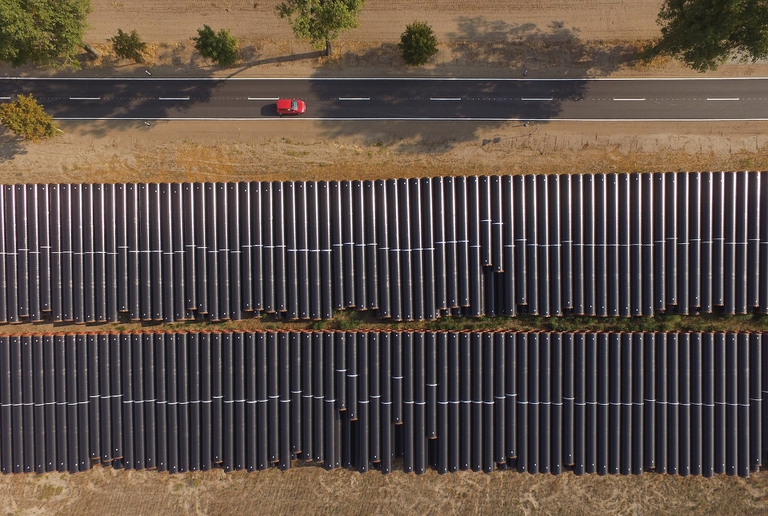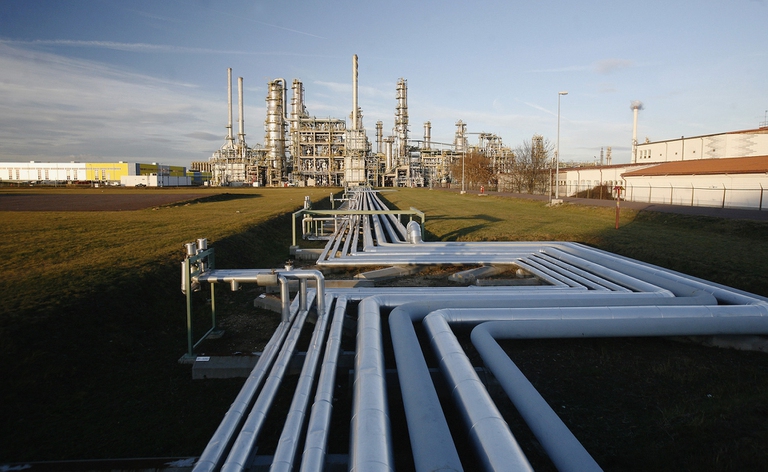https://www.lifegate.it/germania-centrali-carbone-gas
- |
- Russia cuts gas supplies to Germany by 40 percent.
- Germany reacts by reopening coal-fired power plants for electricity production.
- The measure was announced as a precaution:the priority is to store as much gas as possible for the winter.
There Germany turns it back on coal power plants after Russia reduced by 40 percent the influx of natural gas that passed through the North Stream 1 pipeline.German Economy Minister Robert Habeck, from the Green Party, it was clear:this is a necessary move for allow gas storage facilities to fill for next winter.

Germany has decreased gas imports from Russia
“The situation is serious,” Habeck said.“We must and will do everything we can to store as much gas as possible in summer and autumn.Gas storage facilities must be full towards winter.This is the top priority."Germany depends strongly by Moscow gas – like many European nations – to feed its homes and heavy industry, but had managed to reduce its imports:Before the start of the war in Ukraine, 55 percent of Germany's gas came from Russia.Recently, this percentage it had fallen to 35 percent.
But with the further cut decided by Russian President Putin, the situation, according to the Ministry of Economy, has become unsustainable.“Rising prices is Putin's strategy to upset and divide us,” Habeck added.
A precautionary measure for the German winter
In March, German lawmakers approved a law on gas storage which states that storage facilities must be almost full at the start of the heating period to survive the winter safely.
The "filling" levels - which at the beginning of the year were at an all-time low and this is why a law was made - therefore reflect a precautionary principle:by October 1, storage facilities must be 80 percent full, which will become 90 percent by November 1.And on February 1st they will still have to be at 40 percent.Habeck also announced a return to coal-fired power plants “for a period of transition”.
Putin had threatened to block gas to Europe
Russia's decision to cut gas supplies to Germany follows the Germans' choice to Don't pay for fuel in rubles.In fact, in March, Putin threatened that he would block gas deliveries to "hostile" countries that refused to pay in rubles, rather than in euros or dollars, as indicated in the contracts.Since then, the Russian state energy giant Gazprom offered customers a solution.Buyers could make payments in euros or dollars to an account at Russia's Gazprombank, which would then convert the funds into rubles and then transfer them to a second account from which the payment to Russia would be made.
Many European companies have refuse to comply and so Russia went on the counterattack.Officially, the Russian energy giant said it had reduced gas deliveries because German company Siemens Energy had delayed returning some turbines that needed repairs.Siemens had taken the turbines to one of its Canadian factories for maintenance, later claiming how much it was “impossible” to return the equipment to Russia due to the sanctions that Canada had imposed on Moscow.

More fossil fuels
Whether it is a pretext or not, the reality is bitter and clear for all to see:Germany - and with it a large part of Europe - is unable to distance itself from the blackmail of fossil fuels.Thus, while clean and renewable sources could represent the solution, coal-fired power plants return to polluting, producing emissions dangerous for the environment and fueling climate changes.
